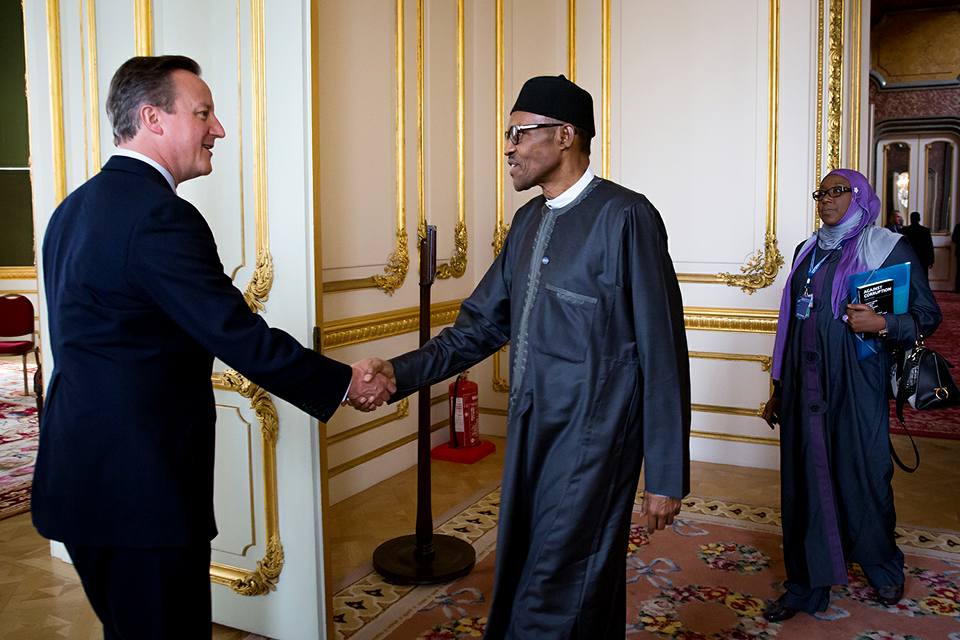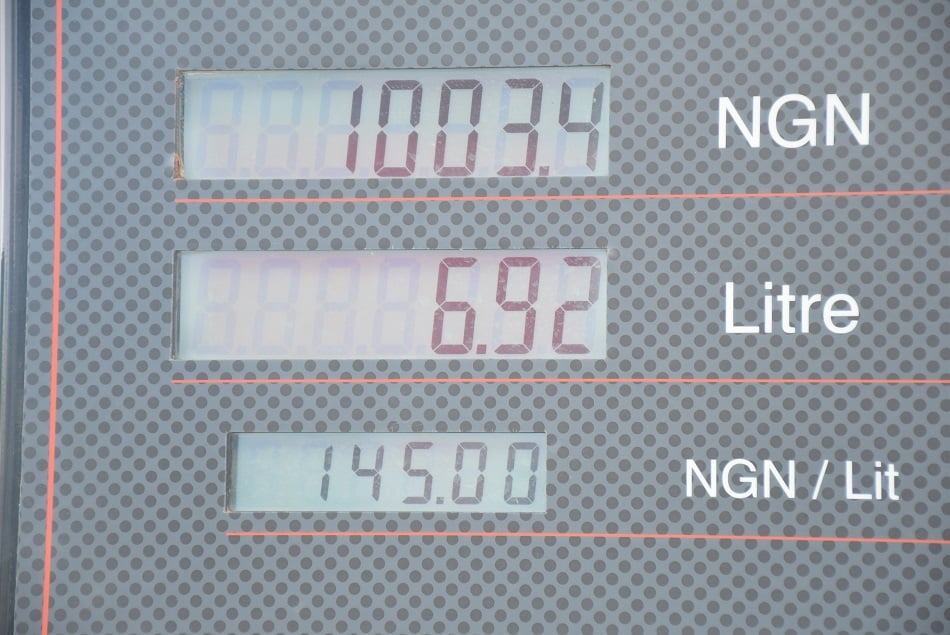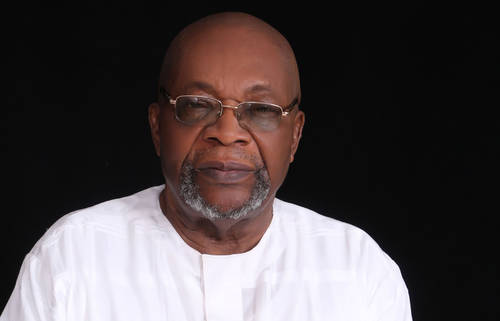I recall that my submission sometime in November 2015 on the real task of nation-building before the 8th National Assembly as against the normal business of self-enrichment that drives many to contest for a place into the legislative chambers received impressive responses that largely corroborated my viewpoint.
The piece, titled “The boys are back at work”, was essentially a jab at the junior lawmakers for resuming their legislative duties in the usual uninspiring manner at a time when hopes for change peaked across the country.
In it, I highlighted the peril of legislative frivolities while reiterating the need for renewed efforts at deepening good governance through worthy contributions from the legislature.
That intervention was prompted by the house’s decision to constitute an ad-hoc committee on refined product exchange agreement/crude oil swap seeking a new “forensic investigation” into the activities of an aspect of the oil industry in a bid to “expose corruption, inefficiency or waste in the operations of the SWAP agreement…”, which I considered a sheer waste of precious time.
Advertisement
My reasons for such stance are quite comprehensible. Asides that the house had previously constituted different committees on varying oil and gas issues and had produced reports from statements of hundreds of witnesses and about 2,500 volumes of documents taken in evidence without any meaningful outcome, the Presidency, which has demonstrated greater degree of seriousness and focus in its mandates, has recently set up a more reliable plan in concert with relevant government agencies and security operatives both within and outside of the country to clear the grey areas around the crude oil exchange scheme.
So, truly speaking, there was no point expending precious legislative hours on matters that are already under the control of a different and more dependable arm of government and especially at a time when Nigerians anxiously yearned for proactive and relevant legislation.
Interestingly, it is this same concern for purpose-driven legislative engagement and socio-economic advancement of Nigeria that has again informed this thought on a critical and potentially counter-productive legal and policy disagreement between the Nigeria Liquefied Natural Gas (NLNG) and the House of Representatives.
Advertisement
Recent arguments on the proposed amendment of the NLNG (fiscal incentives, guaranteed and assurances) Act, 2004 by the House of Representatives have made it absolutely necessary to pull our legislators by their earlobes, so that the message about the present agonies of many Nigerians and the desperate need to creatively salvage the sinking economy can, perhaps, be driven well into their eardrums.
Expectedly, critical stakeholders in the Nigerian gas sector have been expressing profound concerns on what has been largely described as a misplacement of priority, and a display of gross insensitivity by the representatives.
For clarity, the Reps have accelerated efforts to amend the NLNG Act, essentially to compel the NLNG to remit three per cent of its annual revenue to the Niger Delta Development Commission (NDDC).
The amendment, according to the legislators, is premised on the provision of the act which recommends the remittance of three per cent annual revenue into the NDDC fund.
Advertisement
But this is despite available records showing that the NLNG, a private liability company, has expended over $150million in community improvement, infrastructural development and education like the construction and equipping of a $2million engineering faculty at the University of Port Harcourt; and a judicial reprieve by the supreme court, which, clearly explaining the provisions of the act as regards the levy, exempted the company from such remittance.
Reacting to the development at a public hearing called by the House of Representatives’ Committee on Gas Resources, the chief executive officer of the NLNG, Mr. Babs Omotowa (pictured) made a brilliant submission on the matter.
“As far as we are aware, this is the first time in the history of legislative practice in Nigeria that a proposal is being made to amend a law for the sole purpose of imposing a levy against a company for the benefit of an agency of government. We urge the Honourable Committee not to lend itself to the establishment of an unjust precedent. To do otherwise would be to encourage other agencies of government who fail to make their case in judicial proceedings in court, to resort to legislative engineering to achieve what they failed to obtain in court,” Omotowa said.
Omotowa didn’t add, however, that the frenetic rush to amend the act is not just for the benefit of an agency of government, but also to serve the interest of some rapacious government officials including, probably, some members of the house and their shadow businesses usually run by proxies.
Advertisement
Really, instead of frustrating the exemplary business model and contribution of the NLNG to the Nigerian economy with the company’s remittance of over $3 billion into the nation’s treasury in 2015 and scaring investors from pumping more money into the development of Nigeria’s grossly under-developed proven gas reserves of about 185 trillion cubic feet, the lawmakers should occupy their minds with legislations and regulatory frameworks and incentives that will attract huge investments in the gas market which will help in creating jobs across its chain value to fill the massive unemployment gap in the country.
And the house should focus more on what ministries and agencies like the NDDC and Ministry of Niger Delta have done with the billions so far received towards the development of the Niger Delta and its people.
Advertisement
Views expressed by contributors are strictly personal and not of TheCable.







